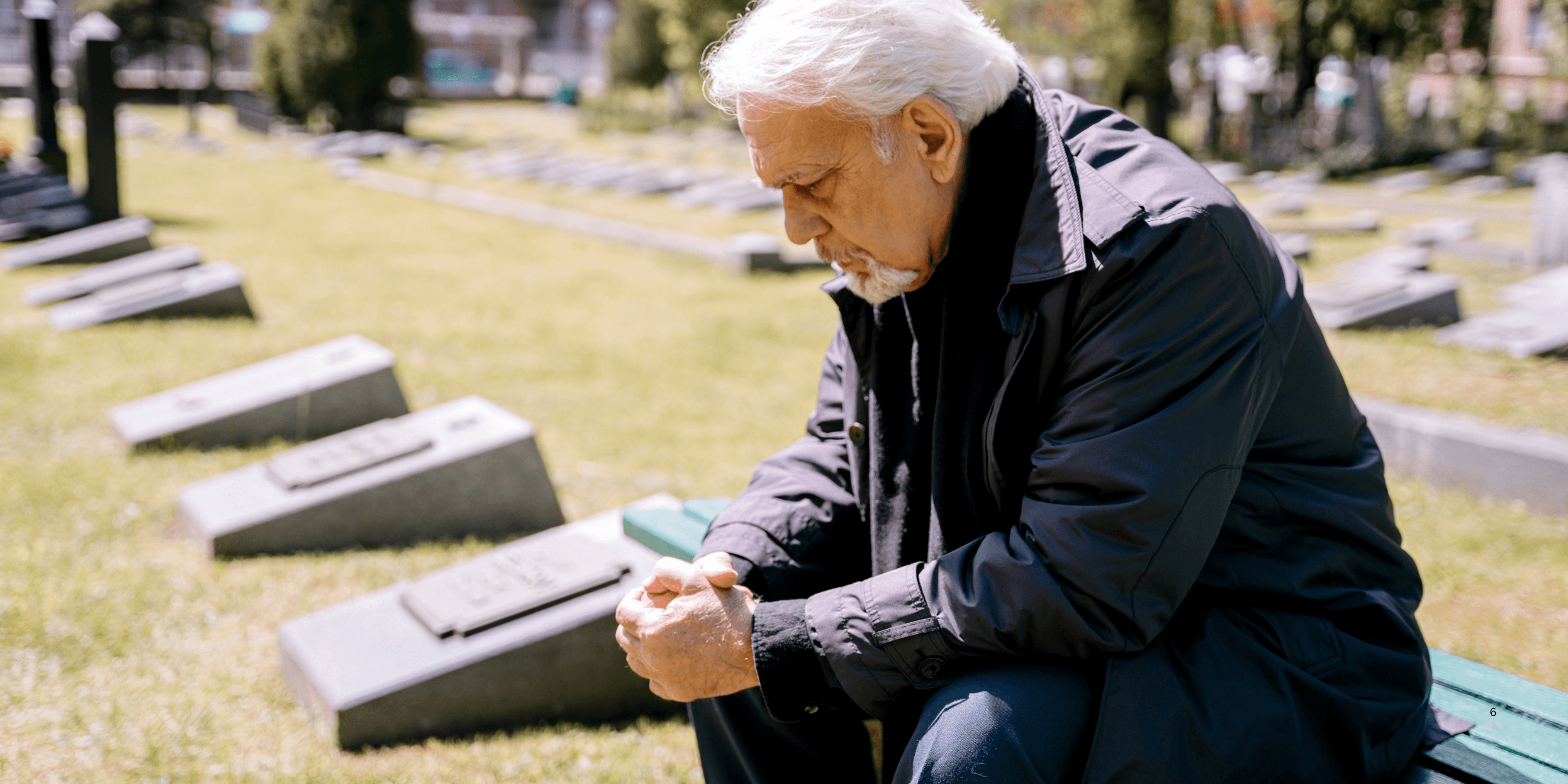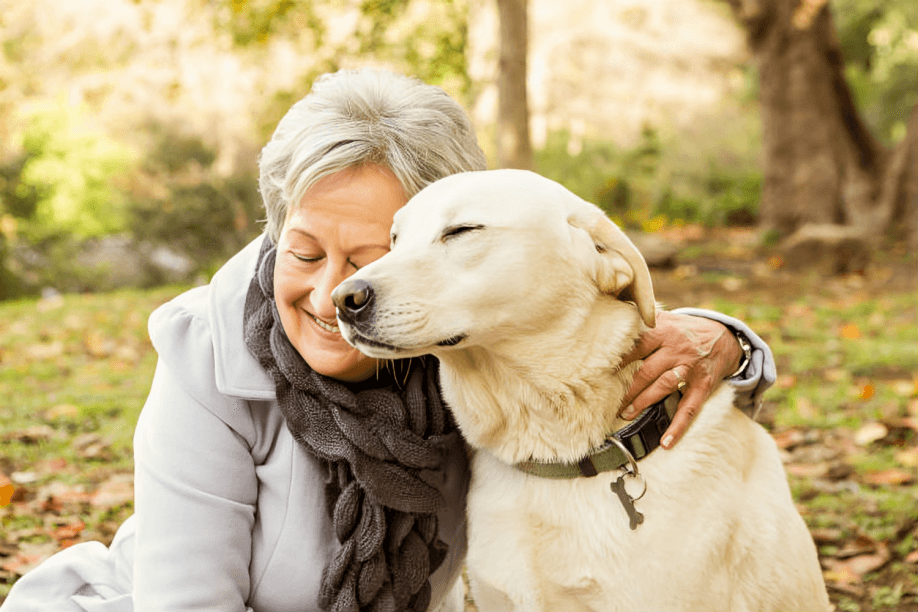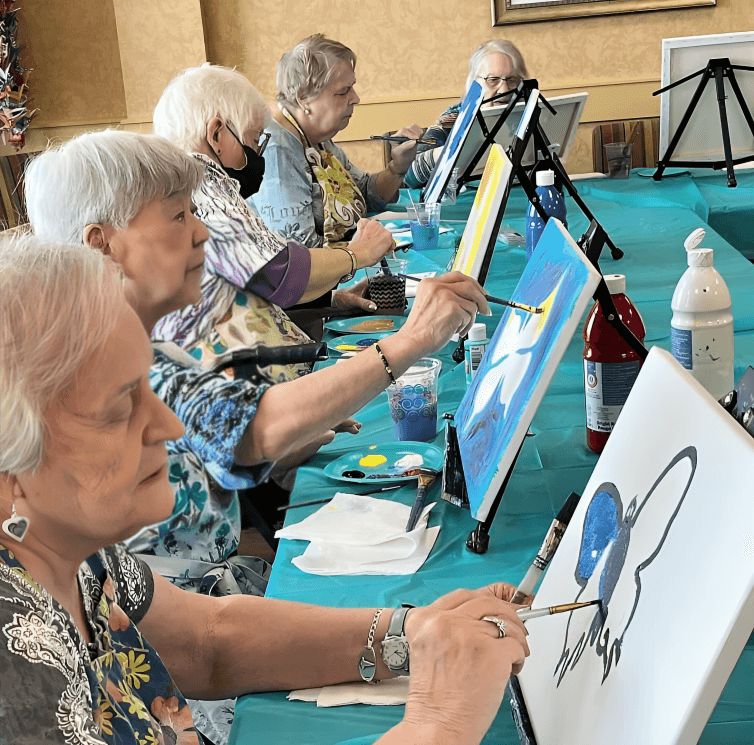
“
Dealing with grief and loss in later life can be especially profound, as older adults may face the deaths of lifelong partners, close friends, or even adult children. The grieving process can be uniquely complex due to age-related physical and emotional factors, compounded by increased isolation or health issues. 1
1
”
Psychologist Elisabeth Kübler-Ross’s five grief stages—denial, anger, bargaining, depression, and acceptance—still affect older adults, though they may revisit stages or progress through them differently. 1
Grief in later life can trigger physical symptoms such as fatigue, body aches, sleep disturbances, and loss of appetite, often being mistaken for normal aging or unrelated health issues. 2

A 2023 study showed that older widows and widowers face an increased risk of mortality in the first year after loss, often referred to as “broken heart syndrome” or stress-induced cardiomyopathy.
Maintaining routine after a loss is crucial. Familiar activities like morning walks, gardening, or attending church can offer comfort, structure, and a sense of normalcy during emotional disruption. 3
Social isolation worsens grief. When older adults lose a partner or friend, reduced social interaction can increase loneliness, which is linked to cognitive decline, heart disease, and mental health struggles. 4
Attending grief support groups, especially those tailored for seniors, helps individuals realize they are not alone in their experience, offering mutual understanding and collective strength. 5
Spiritual or religious beliefs can greatly influence how older adults cope with grief, providing comfort through prayer, meditation, community rituals, and belief in reunion or continuation beyond death. 6
It’s common for seniors to experience “anniversary reactions,” where emotions intensify around birthdays, holidays, or the date of the loss, sometimes years after the loved one has passed. 7
Many older adults develop resilience over time. Despite repeated loss, they often gain an ability to adapt, drawing on life experience, past hardships, and a strong sense of inner strength. 8

Pets can offer therapeutic companionship. After losing a loved one, some seniors find purpose and unconditional comfort through animals, helping to ease daily loneliness and restore joy.
Grandchildren play a unique role in grief recovery. Sharing time with younger generations can provide hope, connection, and a reminder of ongoing life and love beyond the current sorrow. 9
Grieving adults often struggle with changes in identity. After losing a spouse or sibling, they may feel unsure of who they are without that lifelong relationship anchoring their role and sense of self. 10
Professional counseling tailored to seniors helps address grief-related mental health conditions like depression or anxiety and promotes healing through therapeutic tools suited for aging individuals. 11
Some cultures encourage open grief expression, while others promote quiet endurance. Cultural expectations can affect how seniors express sorrow, either supporting or suppressing emotional health. 12

Creative outlets like painting, crafting, or music help seniors express grief in nonverbal ways, turning sadness into beauty and offering emotional relief without requiring conversation.
Accepting help can be difficult for grieving seniors. Pride or generational values may make them reluctant to reach out, even when they deeply need emotional, social, or practical support. 13
Forgiveness plays a powerful role in grief. Seniors may carry regrets or unresolved feelings toward the departed, and processing these emotions can bring peace and healing to the grieving heart. 14
Nature provides therapeutic benefits. Spending time in green spaces, tending to gardens, or simply sitting in sunlight can ease emotional burden and encourage spiritual reflection during grief. 15
Talking openly about death can help. Seniors who normalize the subject with friends or family are better prepared emotionally and are often more at peace with loss when it occurs. 16
Ancient philosophers like Epictetus taught that grief stems from attachment, yet accepting the impermanence of life allows individuals to endure sorrow with dignity and a sense of inner liberation. 17


